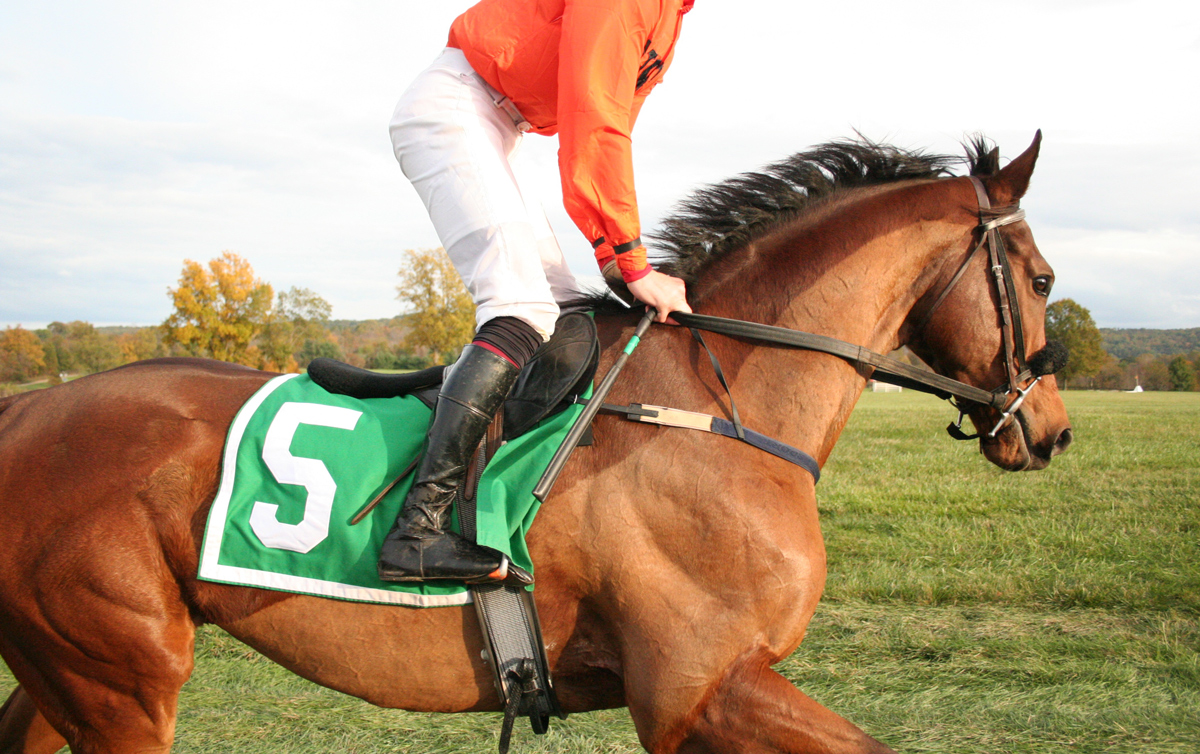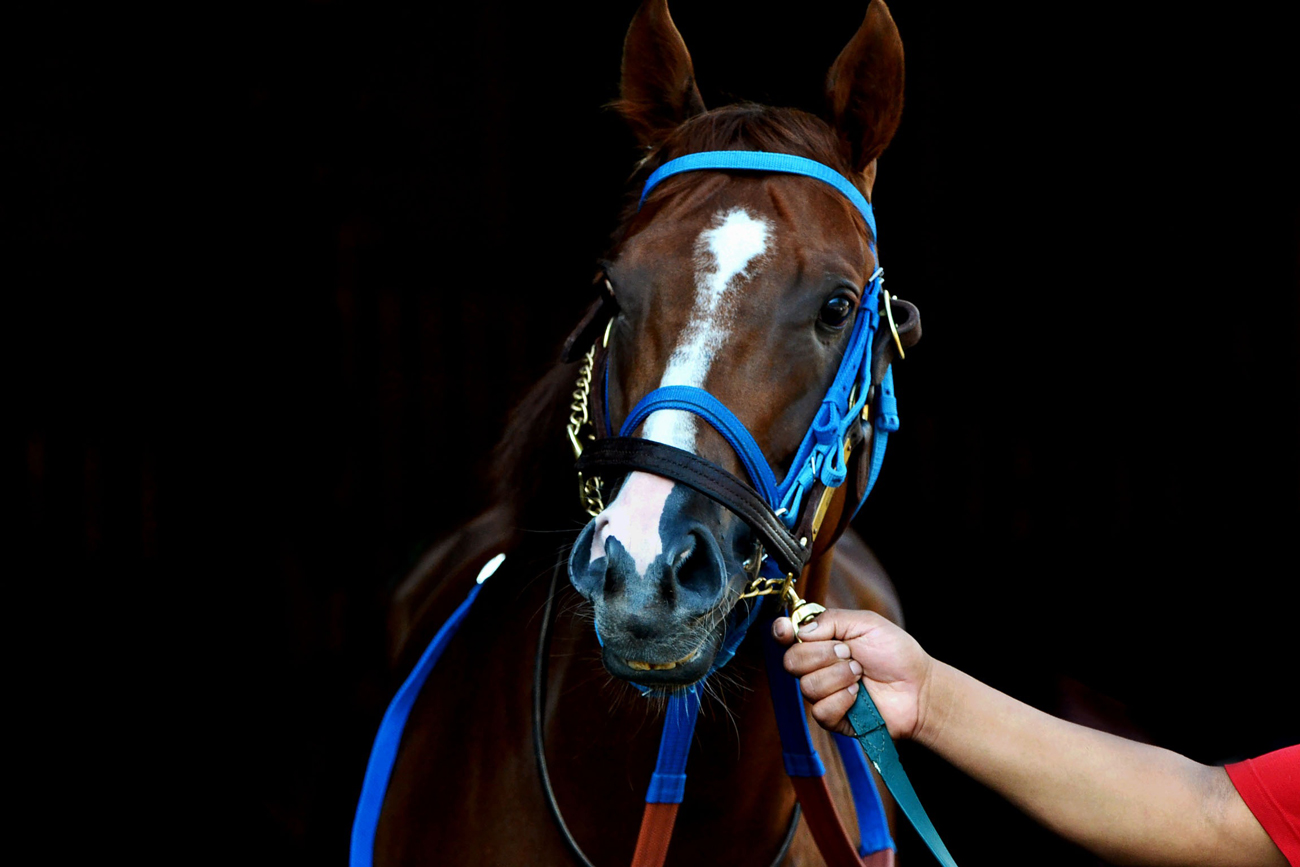Owning a racehorse can be a thrilling and rewarding adventure. Ask any owner and they’ll be sure to tell you that seeing their horse win is one of life's greatest delights.
However, racehorse ownership isn’t all jolly days out and Champagne! It also requires a great deal of investment in time and money. Arranging the right horse insurance is really only the beginning of the journey.
You need to have patience and also be able to deal with frustration and disappointment. After all, there are no guarantees in life.
Even the most expensive equine might fail to deliver. Unfortunately, racehorses just like human athletes can suffer from injuries or setbacks from which it’s difficult to recover.
We can all agree, however, the expense and potential dismay are far outweighed by the exhilarating feel of the racing buzz and life around these amazing creatures.
If you’re wondering whether it really is worth buying your own racer, then read on for our breakdown of how much it costs to own a racehorse in the UK.

Buying a racehorse
For many years, horse racing has been considered the sport of kings outside the reach of ordinary mortals.
However, the reality is that you don’t need to be a multi-millionaire or a lord and lady to participate in this intoxifying pastime.
There are various options open to racing fans who dream of watching their own horse galloping down the home straight. You really don’t have to own and run a racing stable to take part!
Data from the British Horseracing Authority (BHA) shows there are around 14,000 racehorses currently in training in the UK. The Racehorse Owners Association (ROA) states there are various ways to own a racehorse.
- Sole ownership – You are the only person involved in the ownership and have a 100% share in the animal. The racehorse will run in your name and colours. Any costs or profits are yours alone.
- Company ownership – The racehorse will be owned 100% by the company and its shareholders.
- Partnership – A shared ownership allowing partners to define the percentage of each racehorse they own and split costs and winnings in accordance with ownership shares.
- Syndicate – A group of buyers (typically up to around 20), often unknown to each other, share in the ownership of a horse or horses. A syndicate manager runs the day-to-day business and communicates with both the horse's trainer and syndicate members.
- Racing club – A way to pay a subscription to experience racehorse ownership. It’s the club itself rather than the members that own the horse.
The typical purchase price of a racehorse can vary hugely from several thousands of pounds to millions.
The price depends on their pedigree, physique and, if they’ve raced already, performance. It’s common for owners to pay an initial purchase price of between £10,000 and £20,000 or more for a thoroughbred in the UK.
Of course, the purchase is only the start of your investment. Annual costs for training, horse insurance, registration, and race entry and transport all soon add up.
According to the ROA, the annual cost of keeping a horse in training is approximately £23,000 for a horse running on the flat and approximately £16,000 for a horse taking part in National Hunt or jumps racing.
It’s easy to see why shared ownership in a syndicate or partnership is so popular as these costs are then spread out amongst the owners. But how are these costs made up?
Registration
Payable to the BHA there are varying levels of registration fees depending on the type of ownership you’ve chosen for your horse or horses.
The ROA has a breakdown of these levels. For example, a sole owner would be looking to pay around £300 for a Ready to Race registration with additional fees subject to annual re-registration.
While a syndicate would pay just over £400 for a Ready to Race registration. Members of the ROA can obtain discounts on these registration fees.
Training
Again, training fees will vary from trainer to trainer and between those training for the flat and those training for jumps. Average annual training fees are £14,444 for flat and £10,675 for jumps.
These include fees for farriers, vets, physios, dentists, gallop fees, clipping and wormer supplements.
Also watch out for jockey schooling fees and retainers, trainer’s commission, additional facility fees for use of a spa or swimming pool and behavioural specialists.
Avoid unexpected bills by making sure your trainer details all ‘extra’ fees within your training agreement, and any additional expenses are only incurred after prior agreement with you.

Racing
Once you’ve registered your ownership and paid for training, how much will it cost for your horse to race?
For flat runners, the ROA estimates that you’ll spend an average of £2,283 on entries, £785 on jockeys, £1,498 for transport and £312 on racing expenses.
For jumps you’ll spend £773 on entries, £705 on jockeys, £949 on transport and £173 on racing expenses.
Protecting your investment with horse insurance through Equesure
Protecting racehorses and all their equine friends from any injury or damage is a big responsibility. Part of your duty as an owner is to suitably protect them by finding adequate cover for their particular needs.
With over 60 years’ combined experience in the insurance market, our team of specialists can offer a bespoke insurance policy tailored to your individual circumstances.
From leisure horses used for light work and gentle hacks over the weekend, to horses used for competition and veteran horses, we can help you protect your equine partner against any potential risks. We also provide horse rider insurance and cover for your transport.
Benefits of policies arranged through Equesure include cover for vets’ fees up to £4,500 per incident and unlimited claims throughout the year.
Saddlery and tack cover is also available. While there’s also an additional 5% discount for insuring more than one horse.
Give our horse insurance team a call now on 01480 220089 – they’ll be happy to talk you through the many choices of cover on offer.
Get a quick quote today.
Policy benefits, features and discounts offered may very between insurance schemes or cover selected and are subject to underwriting criteria. Information contained within this article is accurate at the time of publishing but may be subject to change.





